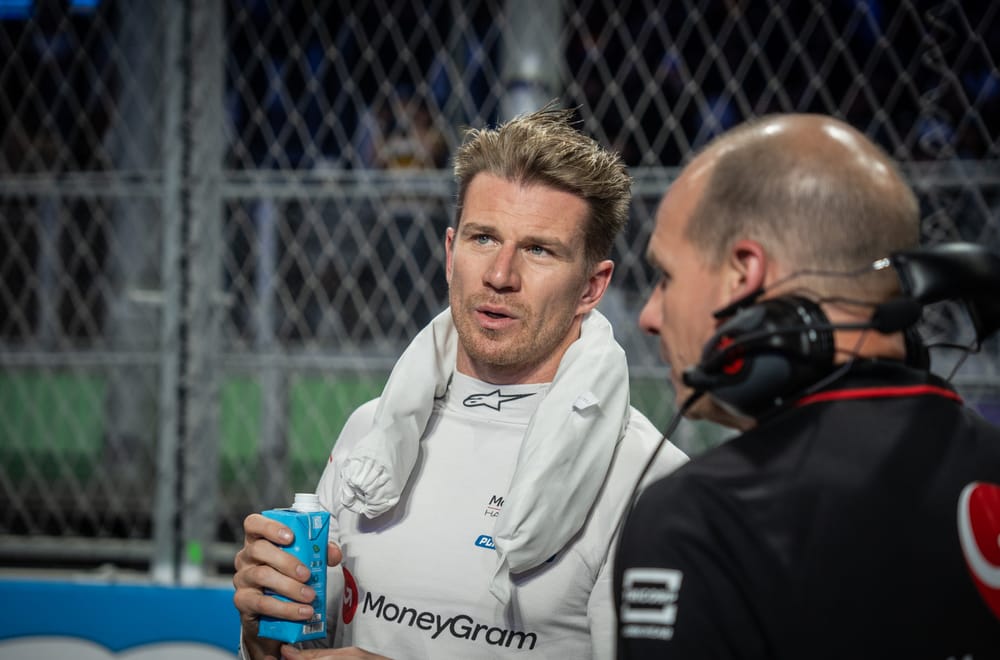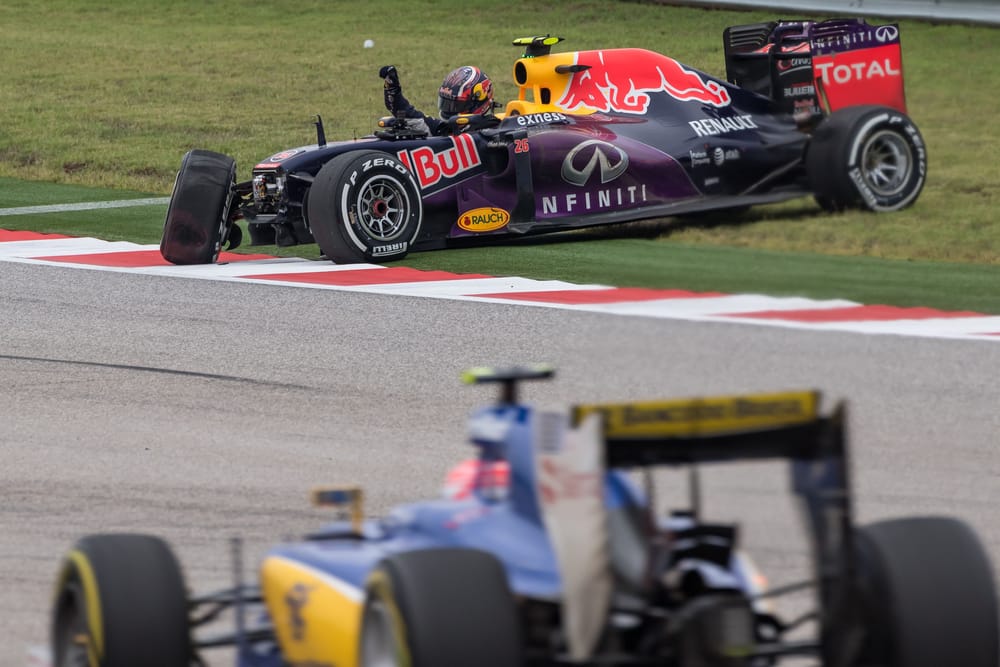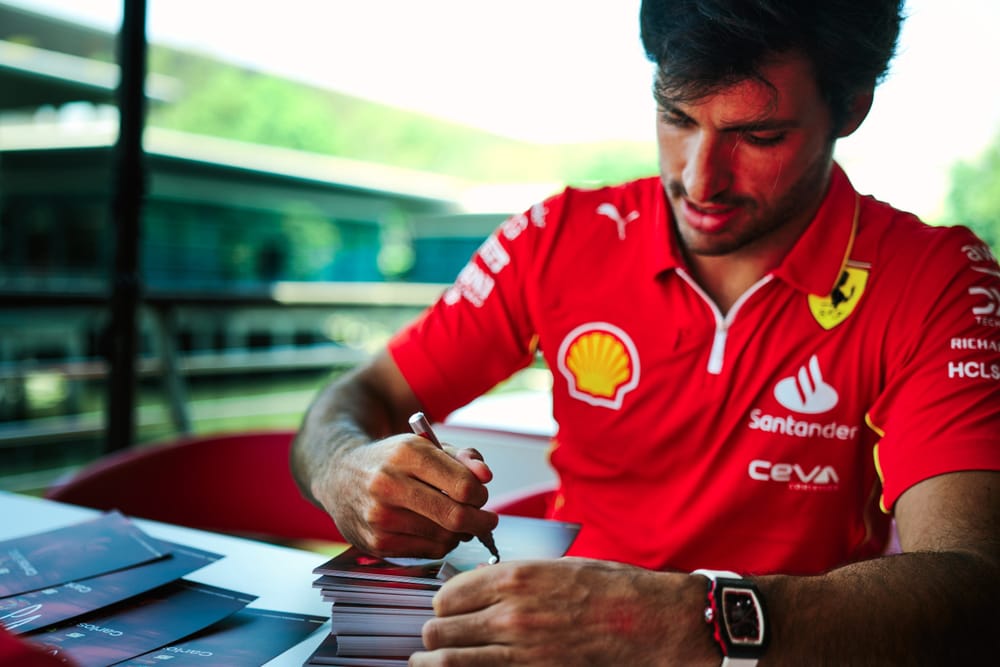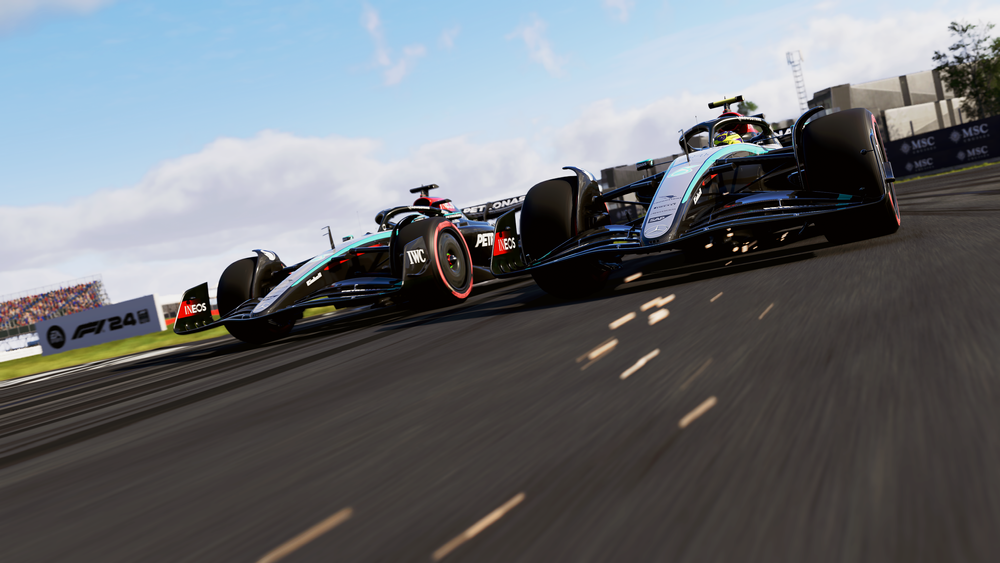Up Next

Audi has broken the Formula 1 driver market impasse by moving to sign up the first driver for its works team, securing the services of Nico Hulkenberg on a multi-year contract that starts in 2025.
At the age of 36 and with more than 200 grands prix starts to his name, Hulkenberg undoubtedly falls into the category of F1 veteran; one who is still performing at a consistent (and high) level, but one who is still followed around by an unwanted statistic of most starts without a podium.
Could Audi have been more ambitious and were there better initial options out there? Or has it been wise in locking down a known quantity at this early stage? Does it even matter all that much who's driving when it transitions from Sauber into its new manufacturer identity?
Those questions and plenty more are considered by our writers:
A good fit (depending on the A-lister)
Scott Mitchell-Malm
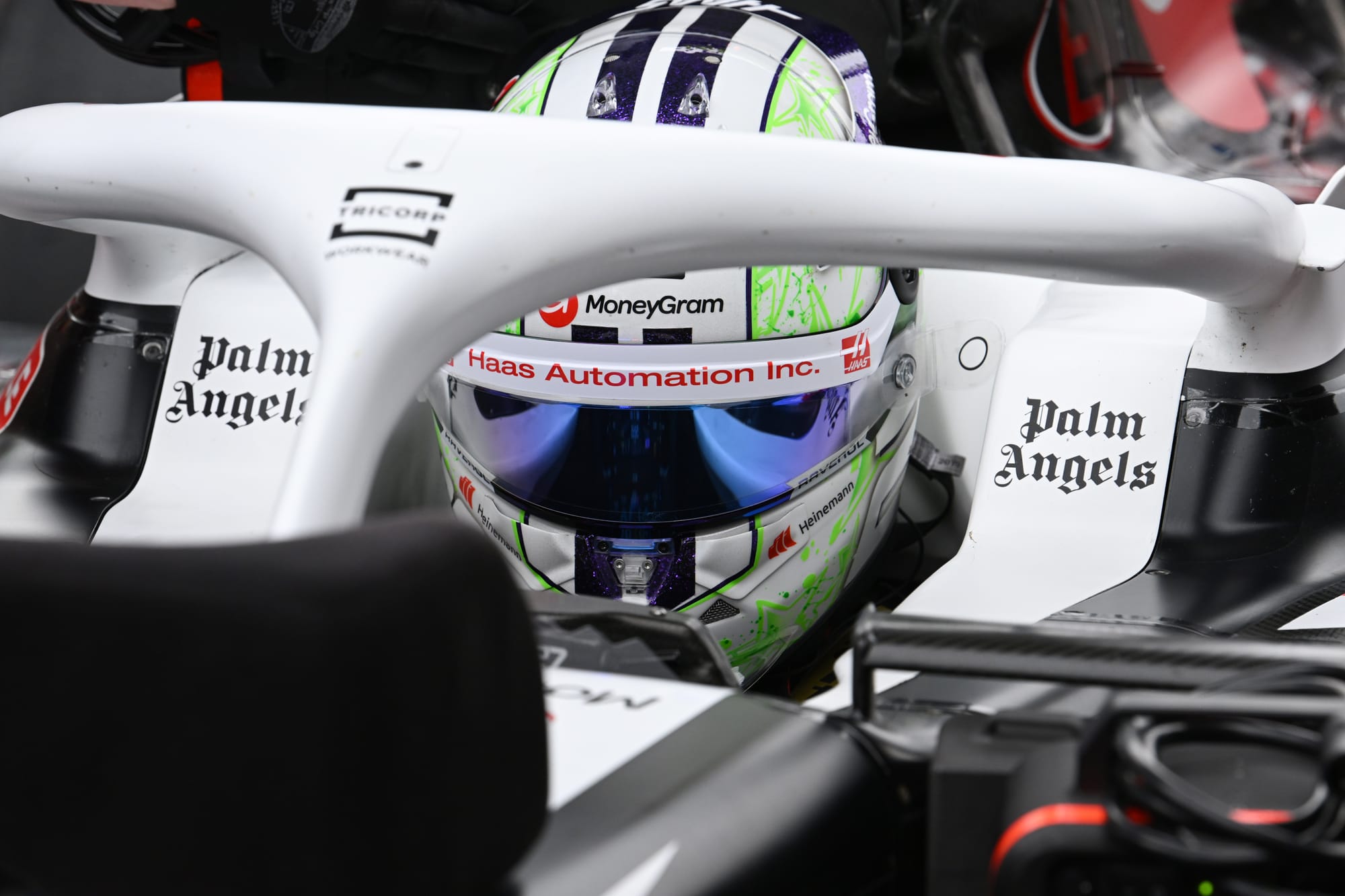
Hulkenberg ticks plenty of boxes for an Audi works team - he's quick, he's experienced, he's still really dependable and he's German. But in F1 career terms he doesn't have a huge amount of time on his side, he's not a megastar off track and even though he's clearly still a very good F1 driver he's not quite got the rounded skillset of an A-lister.
So, I'd file Hulkenberg under a perfectly good support act for a works team - and probably about as good a second driver as any works team can expect when it's taking over Sauber (which is such an unfashionable choice on its own).
But the strength of the Hulkenberg choice stands or falls on who he partners. If Hulkenberg's the lead driver then, as much as I do rate him, that's a bit underwhelming for something as momentous as Audi's F1 team. A bit like if - no disrespect intended - Nico Rosberg wasn't joined by Michael Schumacher at Mercedes in 2010. And at least Rosberg represented the youthful, high-potential pick!
If Hulkenberg partners a gunslinger lead driver though, then the line-up is a lot more convincing. Audi wants Carlos Sainz to be that driver - but it has to wait to find out if he'll actually be available once the music stops at Red Bull. And Sainz would be an excellent choice as a proven race winner, although he himself is also just short of being a proper top-tier driver.
And ultimately, reprising the Renault works team line-up of 2018 would show exactly what the reality of this Audi entry is going to be to begin with: good, and better than most in the midfield, but not 'damn, that's exciting'.
Hulkenberg's no upgrade on Bottas
Mark Hughes
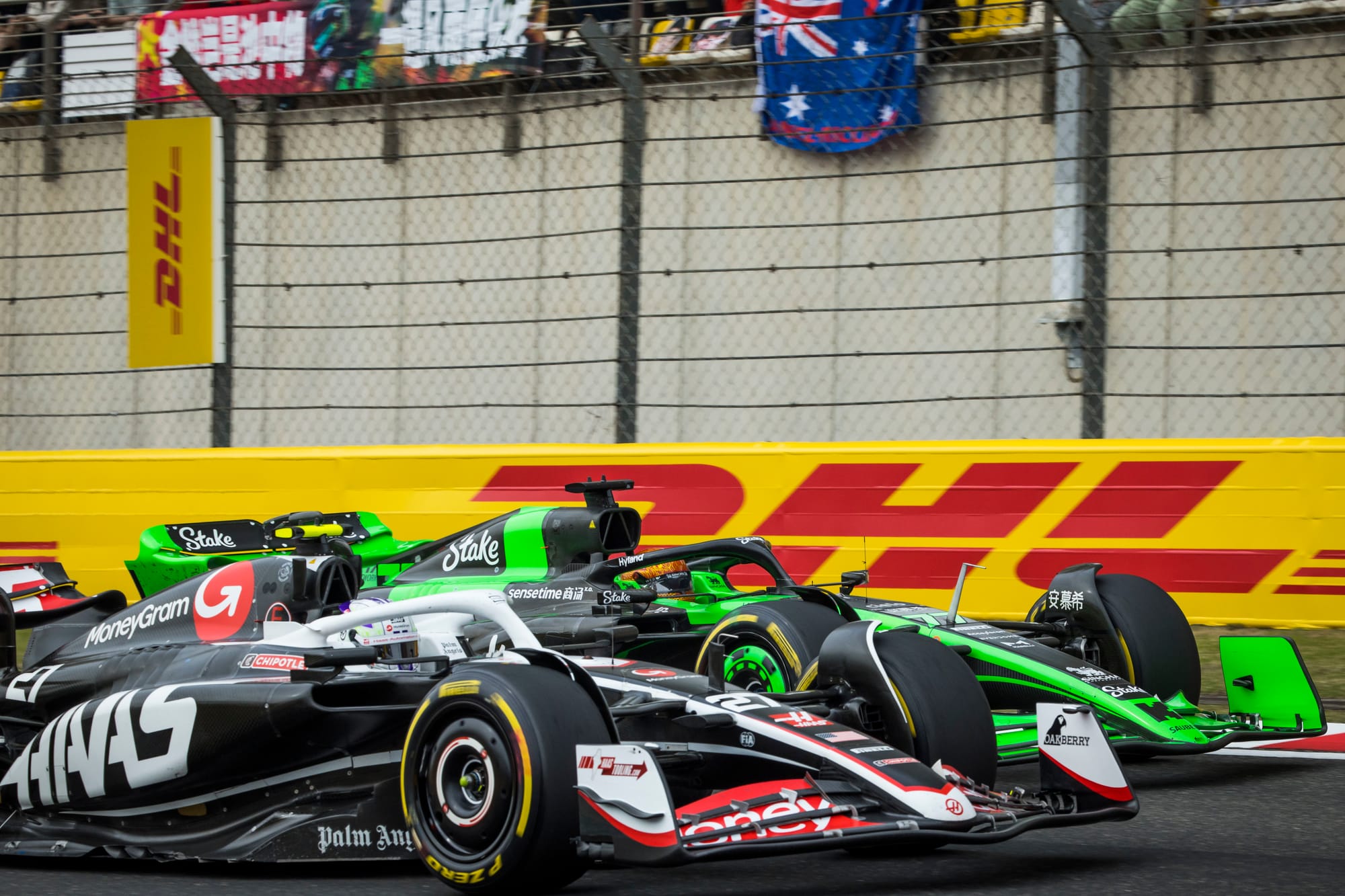
Confirmation of Nico Hulkenberg’s move to Audi/Sauber from next year suggests that Zhou Guanyu is now in his final season there. Depending upon whether the team can snag Sainz’s signature or not, Valtteri Bottas’s position there is potentially at risk, too. If Sainz should join, then Hulkenberg is effectively the Bottas replacement. If not, then he’s the Zhou replacement.
As he has shown many times over his long career, Hulkenberg can be exceptional, especially in qualifying. But is he an upgrade on Bottas? They have different skillsets but I’d argue that Bottas’s is wider.
Hulkenberg would likely have had a fantastic career if there had been a tyre war in F1 and it was all about driving flat-out for a long time. He could probably have been a megastar and driving for top teams, possibly even a world champion.
He’s brilliant at squeezing a laptime out of a rear-limited car, in a way that left Sainz behind at Renault. But he has never shown that he’s mastered the art of racing on control Pirellis, particularly in the hybrid era of heavy, torquey cars.
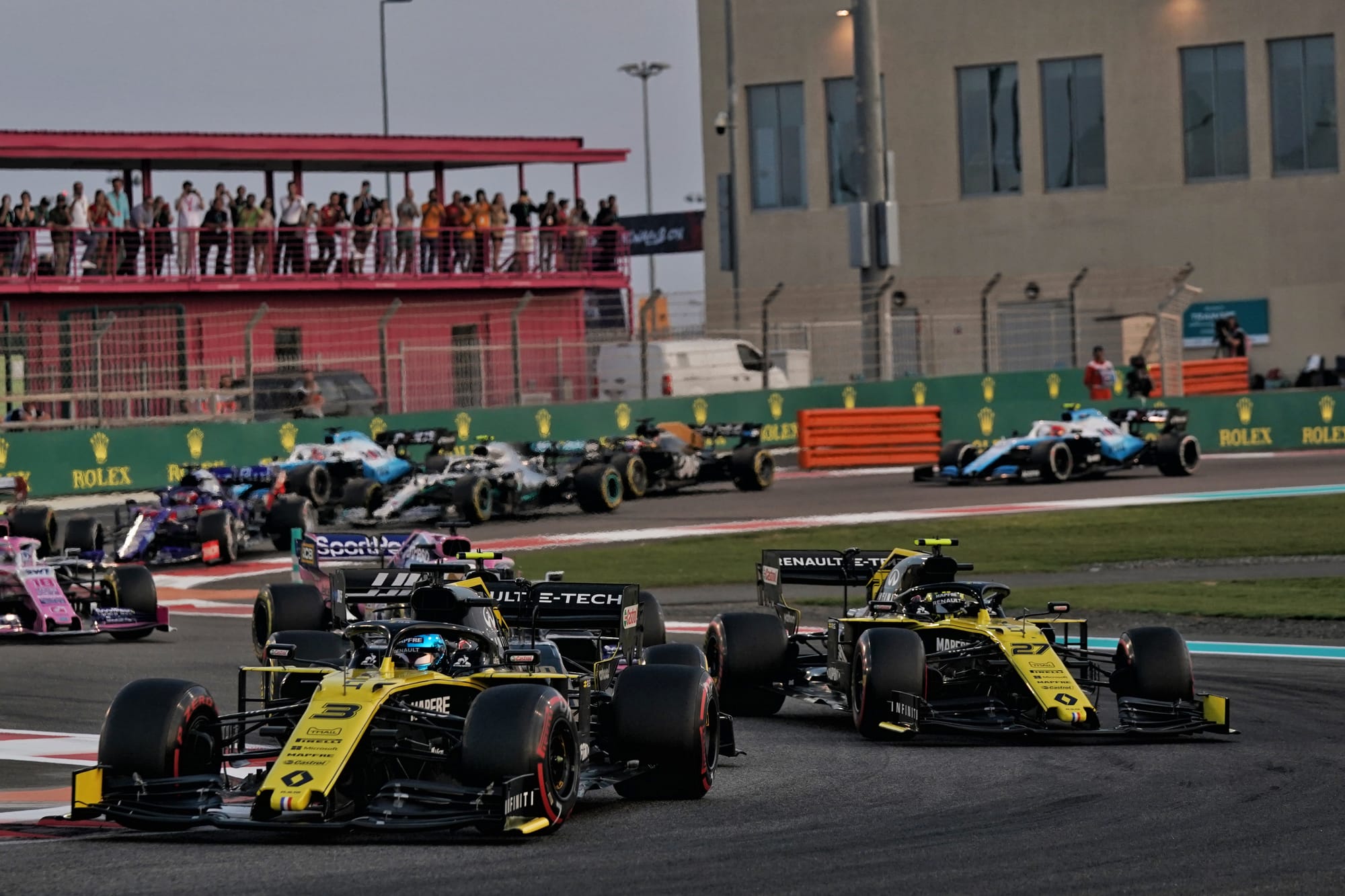
When Daniel Ricciardo joined him at Renault in a less rear-limited car, there was no question of who was the quicker and more effective driver, and it wasn’t Hulk. Similarly at Force India, his comparison to Sergio Perez is not a flattering one: quicker in one of their three seasons together, slower in the other two and still no podium in a period in which Perez scored four. That’s more than statistical anomaly can account for.
Bottas, by contrast, has many times conjured better-than-par results in circumstances where the tyres are particularly problematic. He has a strong turn of speed, too, and there were days in his Mercedes career when he flat-out outperformed Lewis Hamilton. Not many of them, but occasionally. On a good day, he is exceptional, on a standard day he’s pretty damn good, and beneath the reliability and pitstop calamities at Sauber this year, he’s probably driving at a level comparable to his best Mercedes years.
It would probably be fair to say Hulkenberg is potentially quicker over a lap, but that Bottas’s personal performances are more robust. While it’s easy to make the case that Hulk is an upgrade on Zhou, who hasn’t been able to join up the occasional moments of promise consistently enough to be retained, it’s more difficult to make that case in comparison to Bottas.
Audi's given itself breathing space
Edd Straw
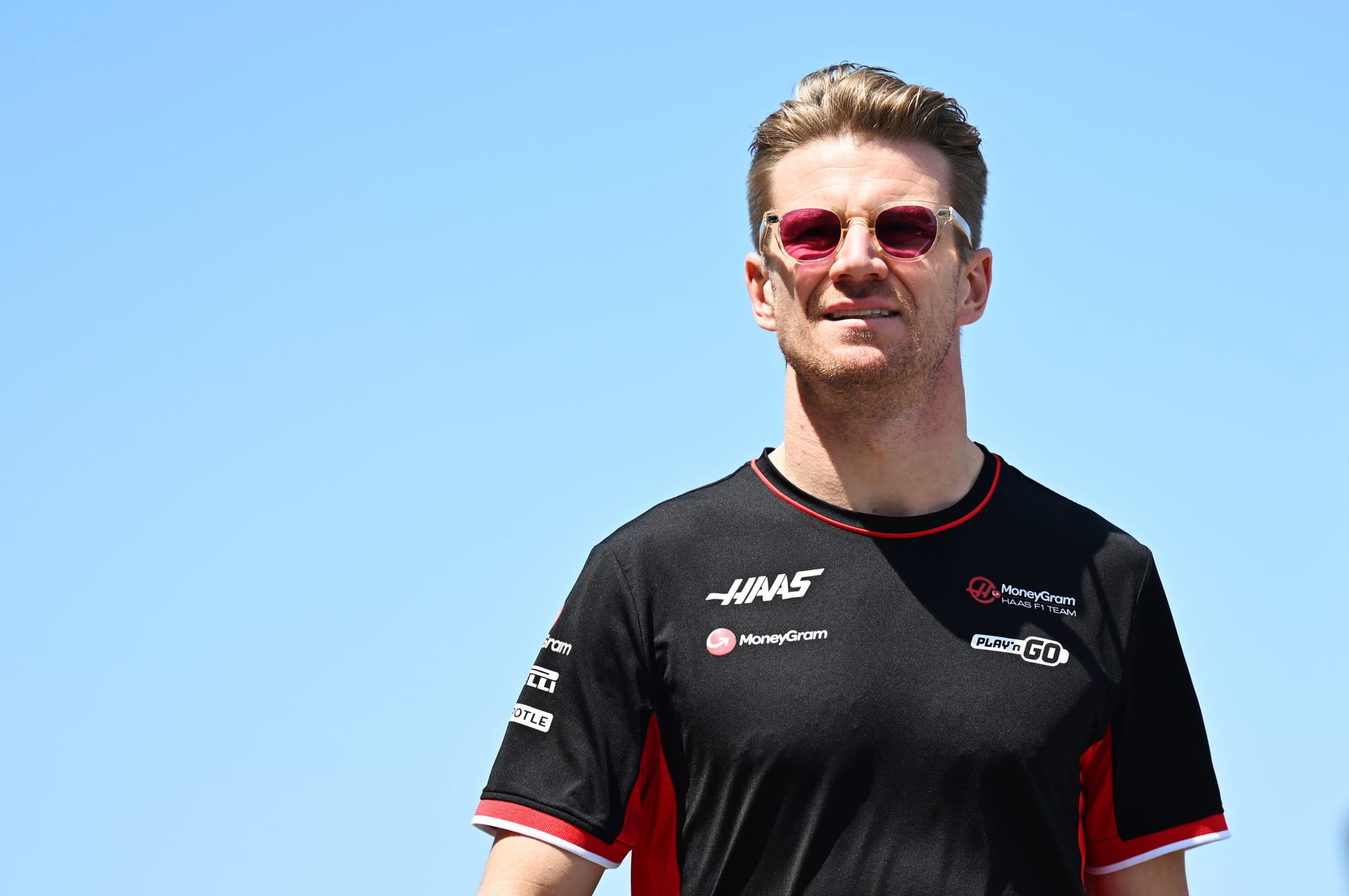
Hulkenberg ticks plenty of boxes for Audi and also eases the pressure when it comes to the big fish that the team is keen to land: Sainz. As the Ferrari driver has set out his stall to wait in the hope that the situation changes at either Red Bull or Mercedes so that they make him a firm offer, it is likely to be months before that situation is resolved.
By signing up Hulkenberg, who was high on its wish-list, Audi banks one driver and eases its exposure to getting gazumped by others in the driver market. While there's every chance that Sainz will eventually have to take the deal to become its spearhead, it's possible he could force an opportunity elsewhere given he's the obvious choice for any top team that wants to make a change.
If Sainz were to say no and Audi had nobody signed up, it would run the risk of not having enough options. By getting the Hulkenberg deal over the line, it can be confident that there will still be one strong option on the table as a fallback and it might perhaps even opt to spend in an attempt to lure under-contract Alex Albon to the team. The Alpine drivers will likely still be on the table for a while for 2025 and there's also the option of its current drivers as one-year fallbacks should it be necessary.
So it gives Audi some breathing space and means that at least there's a clear sense of direction for 2025 for one side of the garage.
No reason he won't be a good number two
Ben Anderson
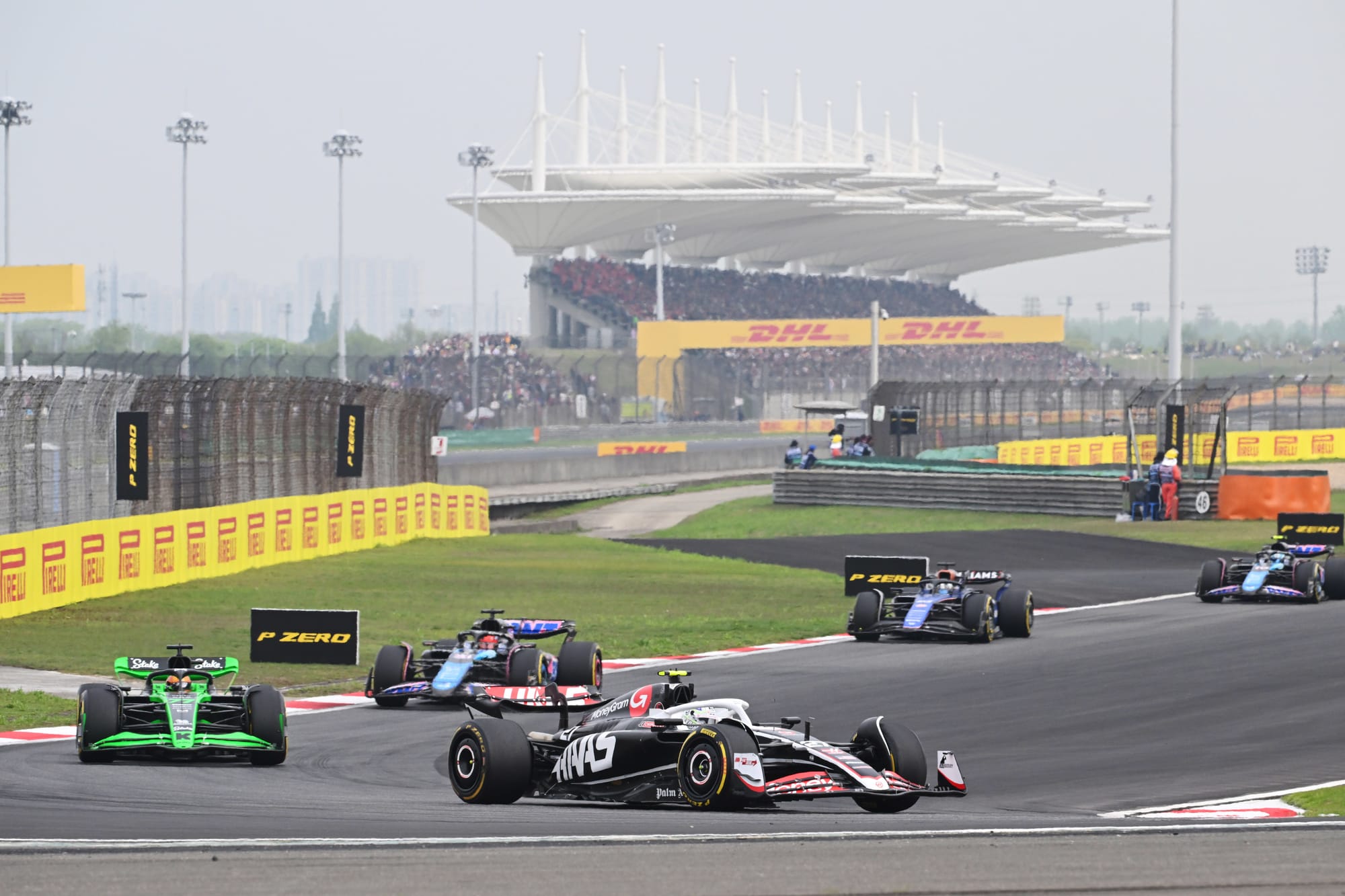
Of the drivers racing in the back half of the F1 grid right now, Nico Hulkenberg is unquestionably one of the most skilled.
Is he the absolute best choice for Audi, apart from its still-undecided number-one contender Carlos Sainz? Well, short of somehow bringing back Sebastian Vettel, Hulkenberg is most definitely the best available German driver - for what will soon become a German works F1 team.
I’m not saying that’s the only reason Audi has swooped for Hulkenberg, but it’s surely a handy tiebreaker when weighing him up against the likes of Bottas, Esteban Ocon, Pierre Gasly and Albon - who I would say are the best alternative candidates in that region of the grid.
Obviously the strengths and weaknesses of Bottas are by now well-known to the Sauber team on which Audi will base its future operations, while Albon’s contractual situation with Williams makes it more complicated for Audi to chase a driver who is technically unavailable until 2026.
The Alpine drivers will likely only recently have thrown themselves on the mercy of the driver market, having surely expected much better from Alpine in 2024 than they are getting right now.
Hulkenberg was already linked to Sauber/Audi in 2023, and was apparently quite keen on the move, before his current team activated an option in his contract for 2024 to keep him out of reach. The interest in Hulkenberg is understandable, because Hulkenberg's form, in qualifying in particular, has been excellent since getting his own second chance in F1 with Haas.
Guenther Steiner originally wanted that seat to go to Daniel Ricciardo, but Hulkenberg turned out to be an excellent second choice - and there's no reason why that shouldn’t turn out to be the case for Audi too.
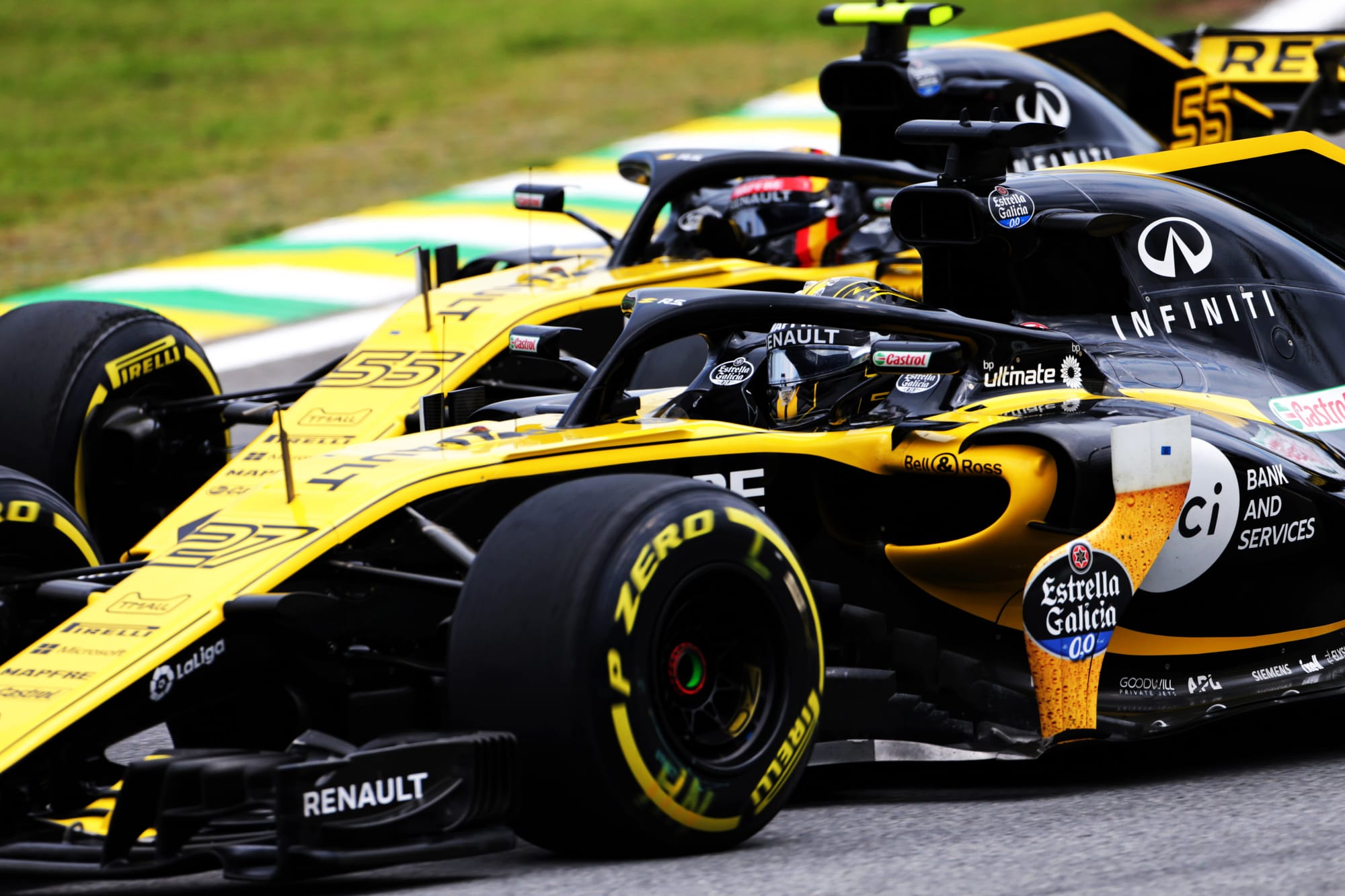
If it manages to land Sainz as well then it would reunite the Renault driver line-up of late-2017-18, a project with remarkable similarities in the sense of trying to harness the factory might of a car manufacturer to restore past glories to a stalled F1 operation.
Driver choice doesn't matter to begin with
Glenn Freeman
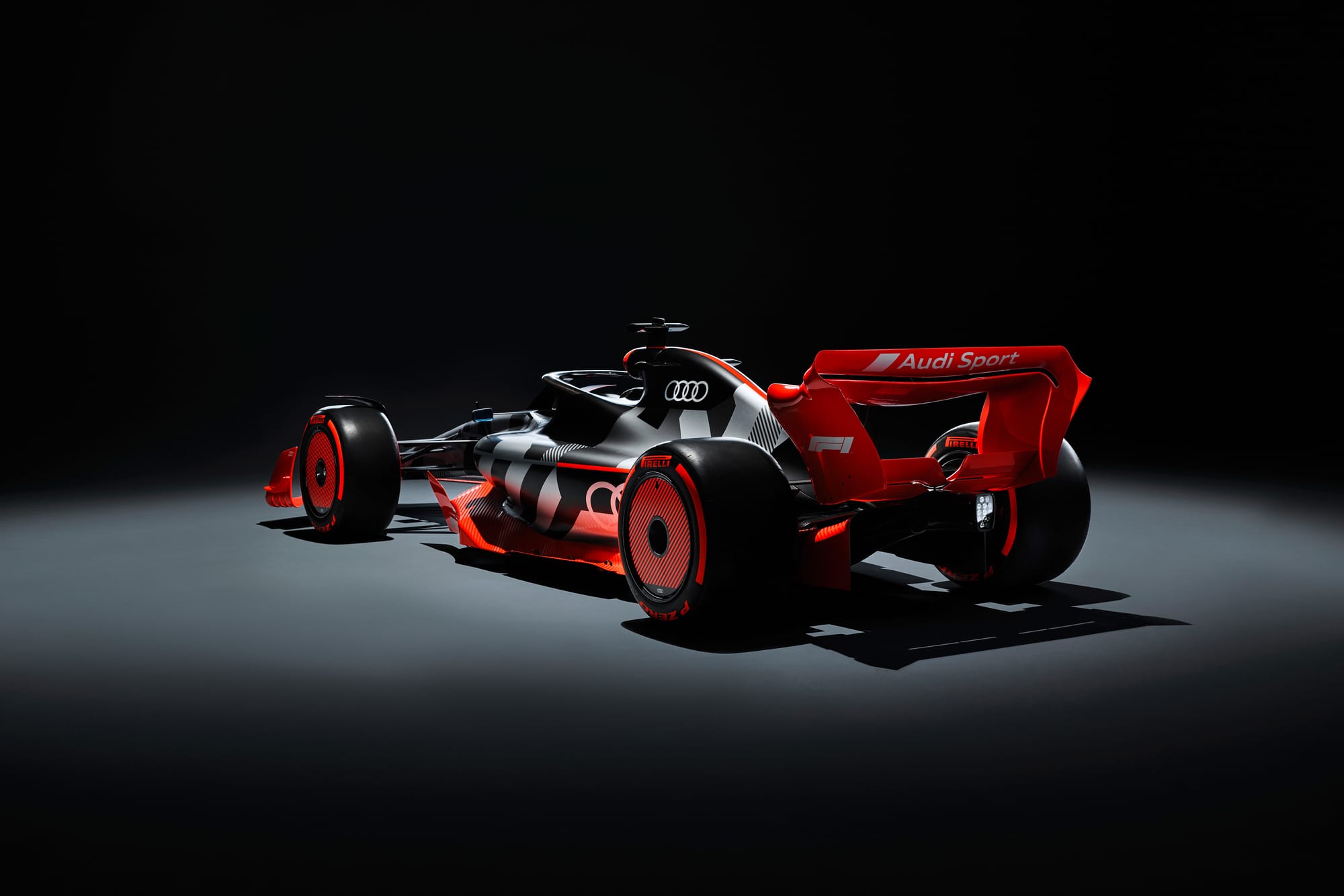
As an admirer of Hulkenberg's qualities (dating back to his impressive junior career in the late-2000s) I'm pleased for him that his comeback after a spell on the sidelines will get another exciting chapter. It's a real credit to him for not giving up on F1 to chase opportunities elsewhere when he was without a drive.
However, from Audi's perspective, I don't think it matters hugely who is in the car for the early years of its F1 journey.
Turning Sauber around into a team that can even latch onto the back of F1's current 'big five' is a massive job that is going to take years.
That's no criticism of Audi's capability. It's just a fact with modern F1. Aston Martin is a prime example. That team hasn't been backed by a manufacturer but it's had huge investment in recent years, coming from a higher starting position from the Force India/Racing Point years. It's on the right path, but early-2023 aside it's hardly shot up the order.
Given Audi is a manufacturer that's used to winning, and it has no F1 heritage or experience, I have a lingering worry about how patient the upper management at Audi HQ are prepared to be with this.
Getting this right is going to take longer than however many years Hulkenberg is there for. And F1 projects always cost more money than people think they will when they first commit to them.
I really hope the people signing the cheques truly have their eyes open to that. It would be a disaster if, five years from now, a leadership change within the Audi company results in a new boss who comes in asking why hundreds of millions are being spent to be the sixth- or seventh-best team in F1.
The potential for one more 'what if?'
Josh Suttill
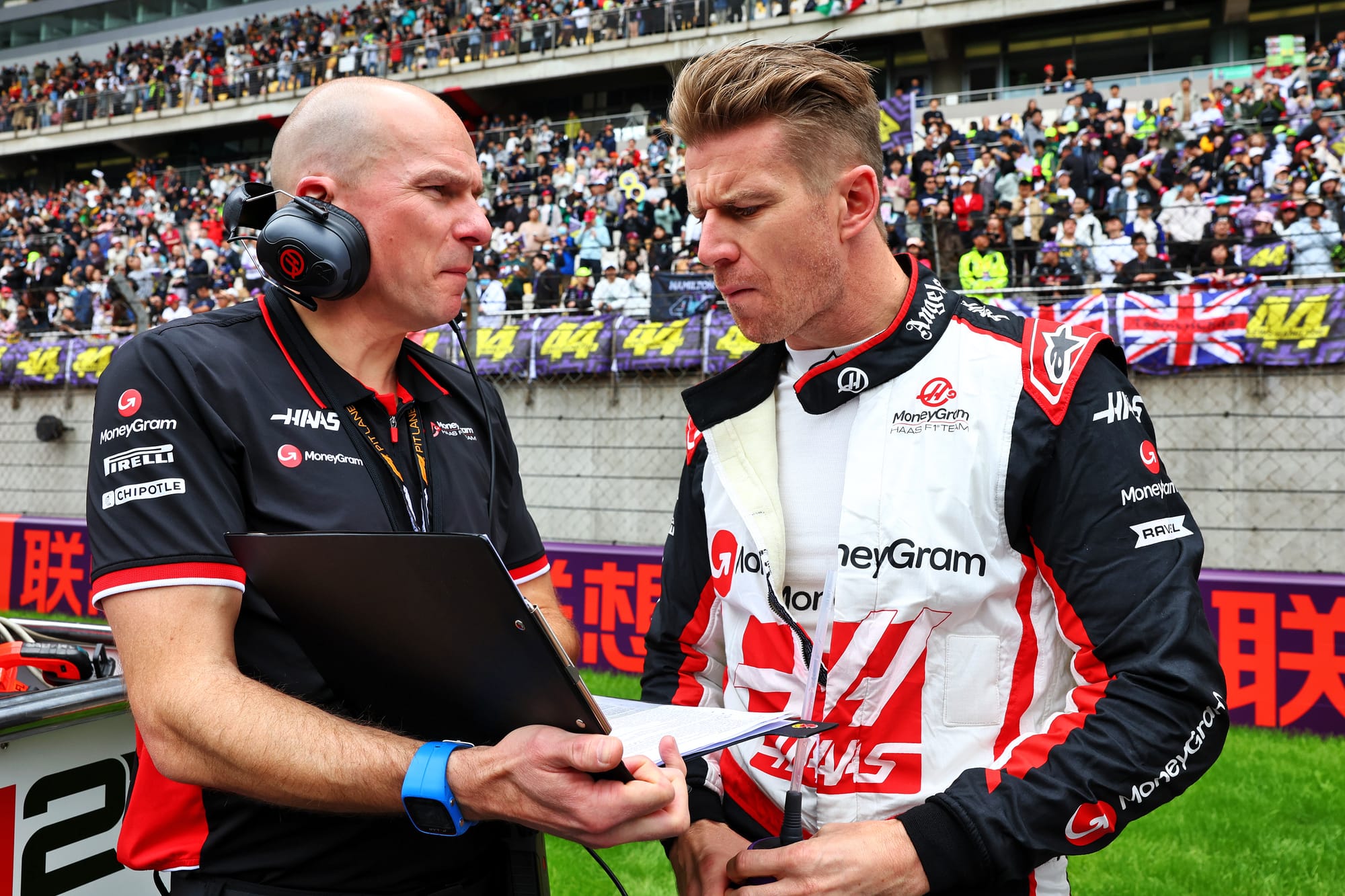
What do Nico Rosberg and Jarno Trulli have in common?
They're the only drivers to win a race/s with a works team (or new team) having raced for that team since the start of its F1 project in the 21st century. And both stepped into manufacturers (Mercedes and Renault) that were taking over outfits in far better shape (Brawn and Benetton) than the current Sauber team.
Far more often the original pilots help build up the team, make it more attractive enough for others to join, and then lose their seats to said drivers. And Rosberg is the only true exception, with Renault sacking Trulli in mid-2004 before Fernando Alonso took it to title-winning glory in the two years that followed.
So there are exceptions but if Sainz is joining Hulkenberg, you'd bet Sainz is far more likely to be the exception.
Hulkenberg instead risks adding one more frustrating 'what if'?' to his career. Much like at Renault he's got a lengthy deal to start with, and there he helped make Renault attractive enough for Ricciardo to leave Red Bull for it. Ricciardo then usurped him as the team's spearhead and Hulkenberg fell onto the sidelines.
The same risks happening if Hulkenberg makes Audi a far more attractive prospect by 2026.
Does that mean Hulkenberg should have stayed at Haas? Absolutely not. This is his best chance at shutting down the biggest 'what if?' of his career, his podium drought, and he's 100% right to take it.
But given just how much work Sauber needs, Hulkenberg probably won't be around to reap the biggest rewards.
Haas must lock down its Ferrari protege quickly
Jack Benyon
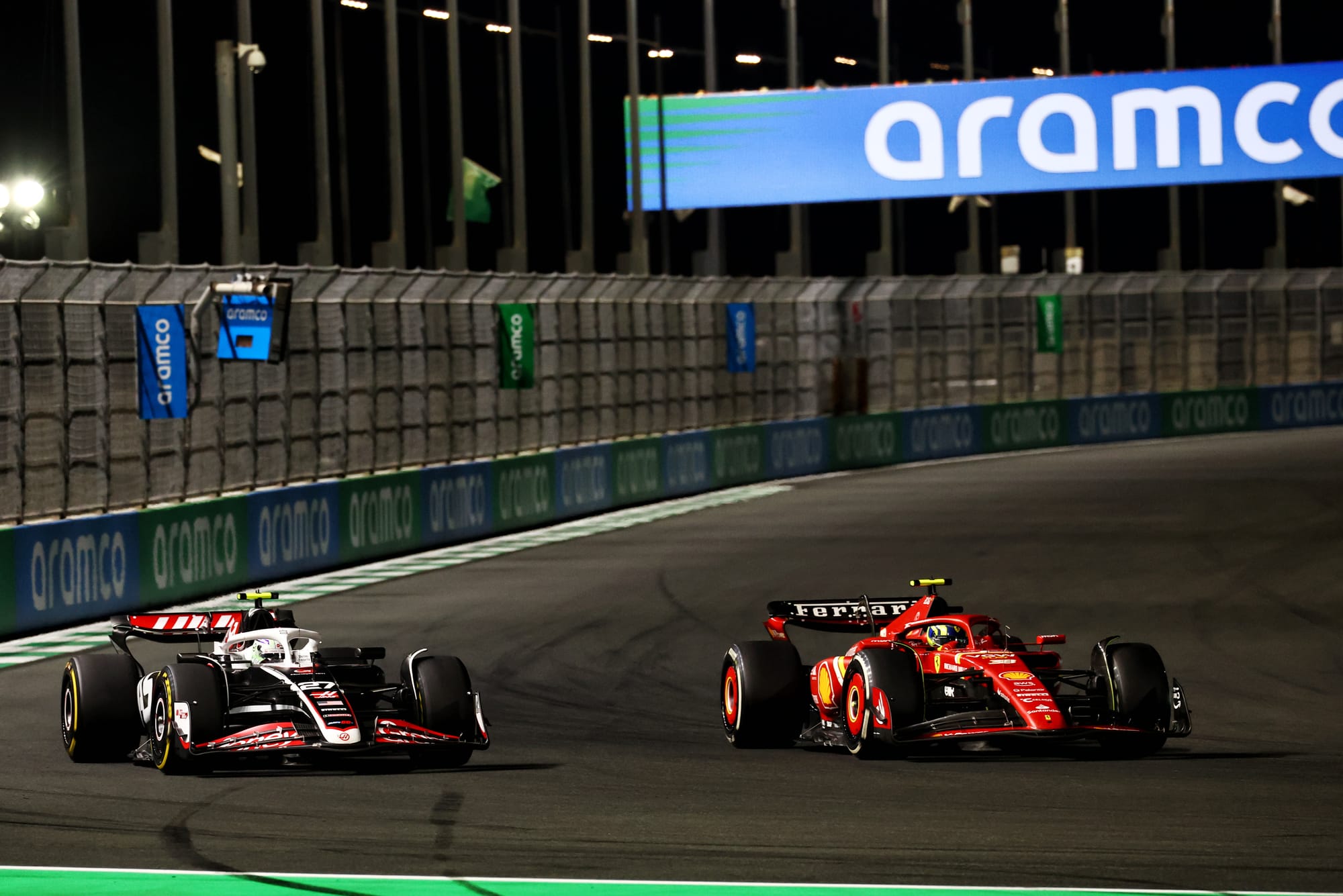
Haas has lost Hulkenberg. It can’t afford to miss out on a different kind of star for its next line-up.
Ollie Bearman made a spectacular debut in Saudi Arabia with Ferrari earlier this year and tested for Haas in 2023, with plenty more running lined up for later in the season.
He may well be Ferrari-affiliated and Haas is the most obvious option, but that Saudi debut proved he can compete higher up the grid than at Haas, and I’m sure other teams took notice.
Losing Hulkenberg is a blow, but grabbing Bearman, a young up-and-coming star who is clearly destined for bigger things, would be a coup.
Haas’s recent boost in competitiveness might give it the edge it needs to convince Bearman, and there are no guarantees any other team will have a seat to sign him. It may well be a win-win all around.
You really don't need to be offended by this
Jack Cozens
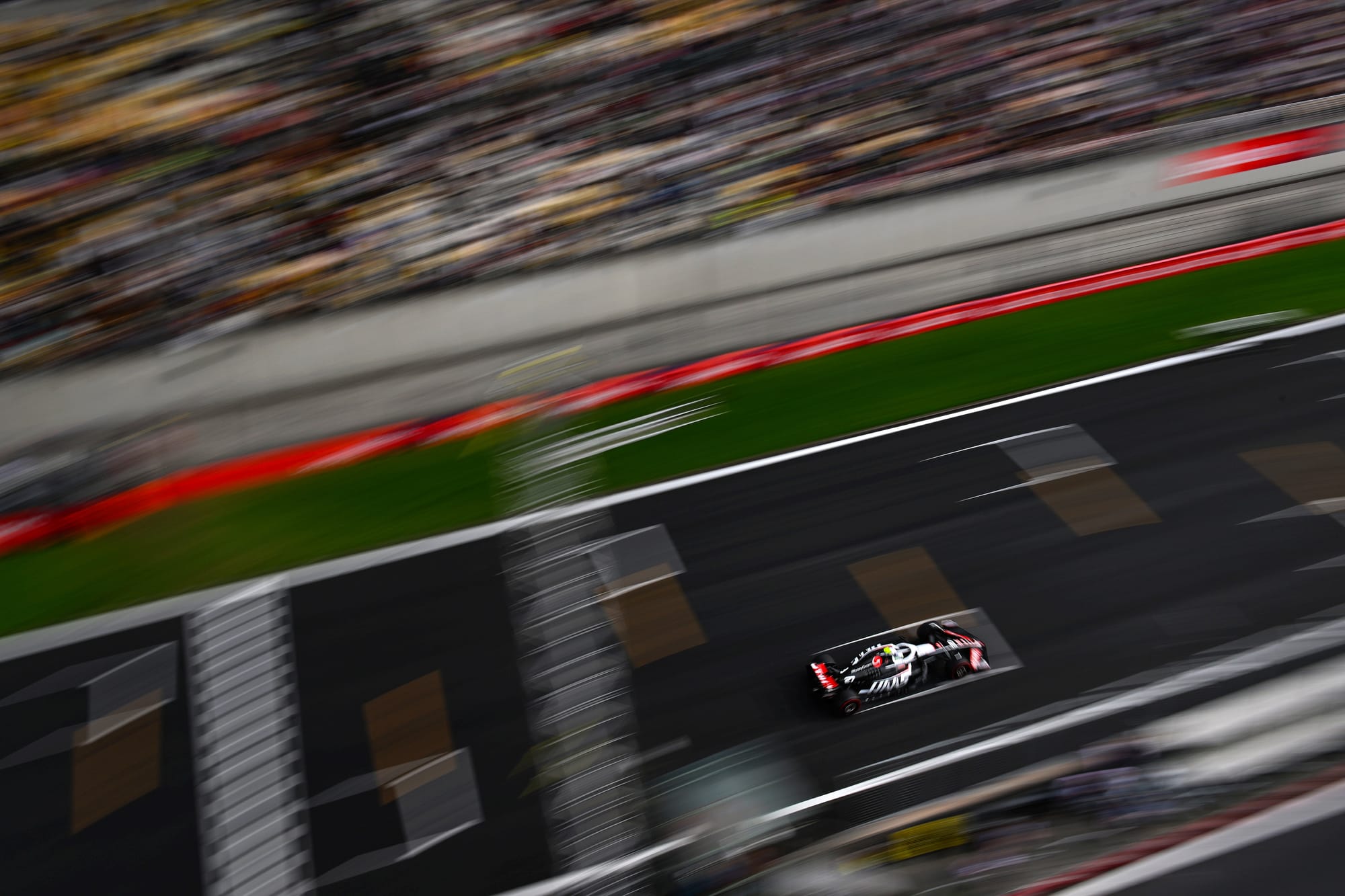
Much as Hulkenberg's original return to the F1 grid at the expense of Mick Schumacher caused a proverbial groan among those championing junior drivers, so his move to Audi has already caused a few eye rolls.
It really needn't cause that much offence.
This isn't a move depriving some mega talent in the junior ranks of a precious seat. The two standouts on the immediate cusp of F1 have very good prospects for 2025 already and Hulkenberg's exit from Haas, if anything, makes the route to a seat even easier for Bearman.
And it's not some farewell swansong for a lame duck, either.
Sure, Hulkenberg has never truly delivered on the megastar potential many thought he might be capable of when he was crushing all while treading his own path towards F1 in the late-2000s. But he's performing at a highly dependable level and Haas is reaping the rewards in what is an ultra-competitive fight for the scraps missed by the 'big five' in 2024.
There's no way that won't be a valuable attribute for Audi in what it will surely see as its second driver.
Sorry if it's a boring choice, but it's one that makes utmost sense - especially with the development demands Audi faces ahead of the next generation of rules in 2026.


